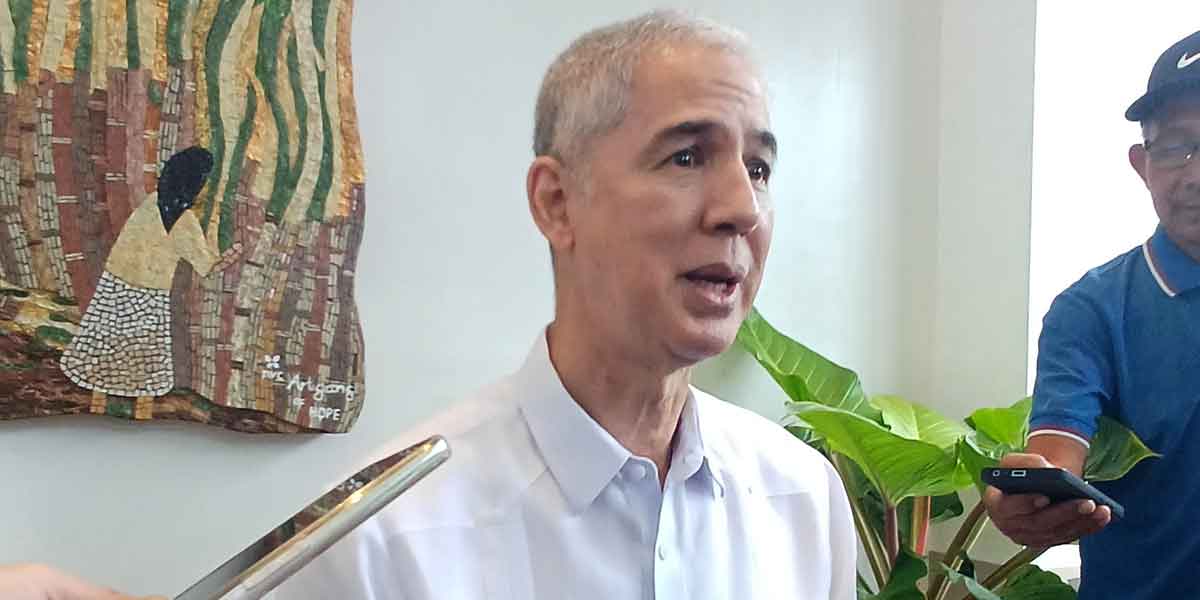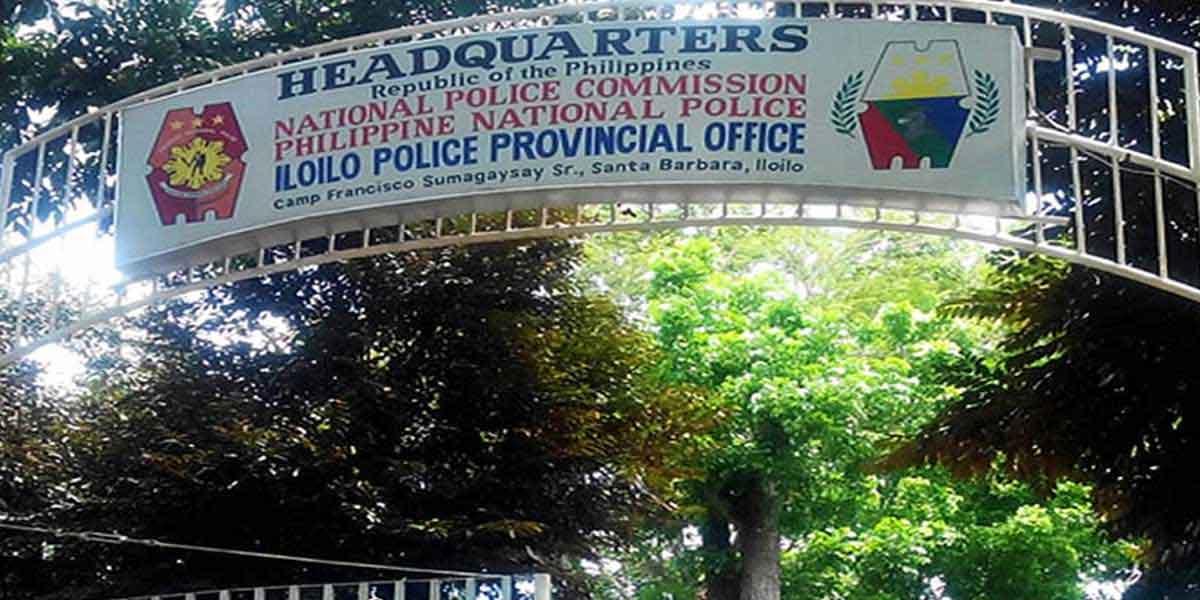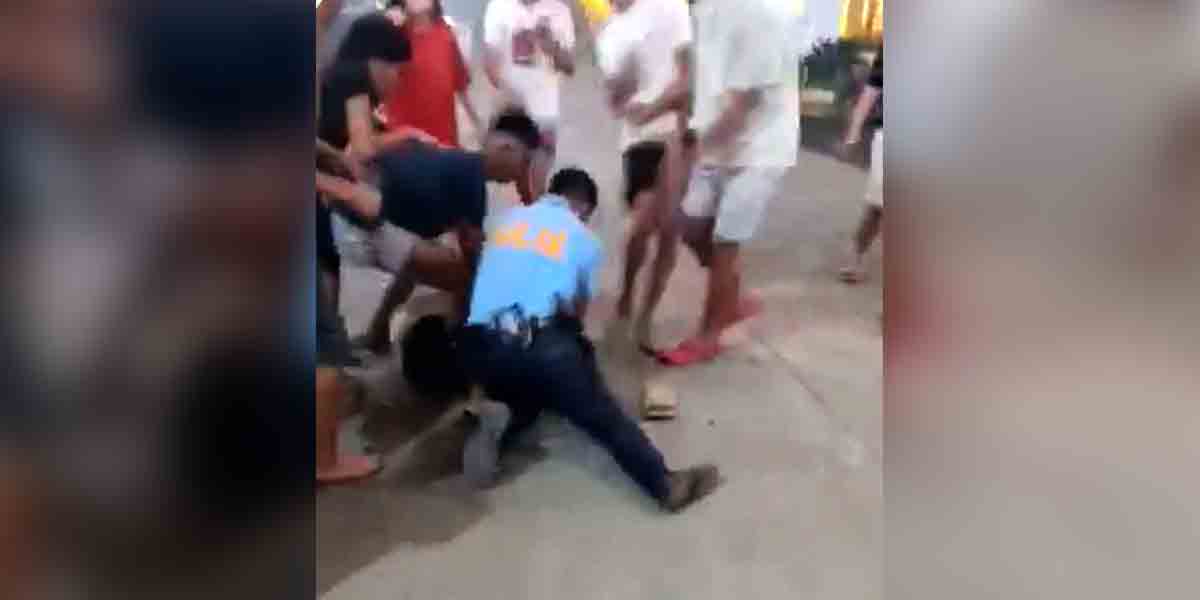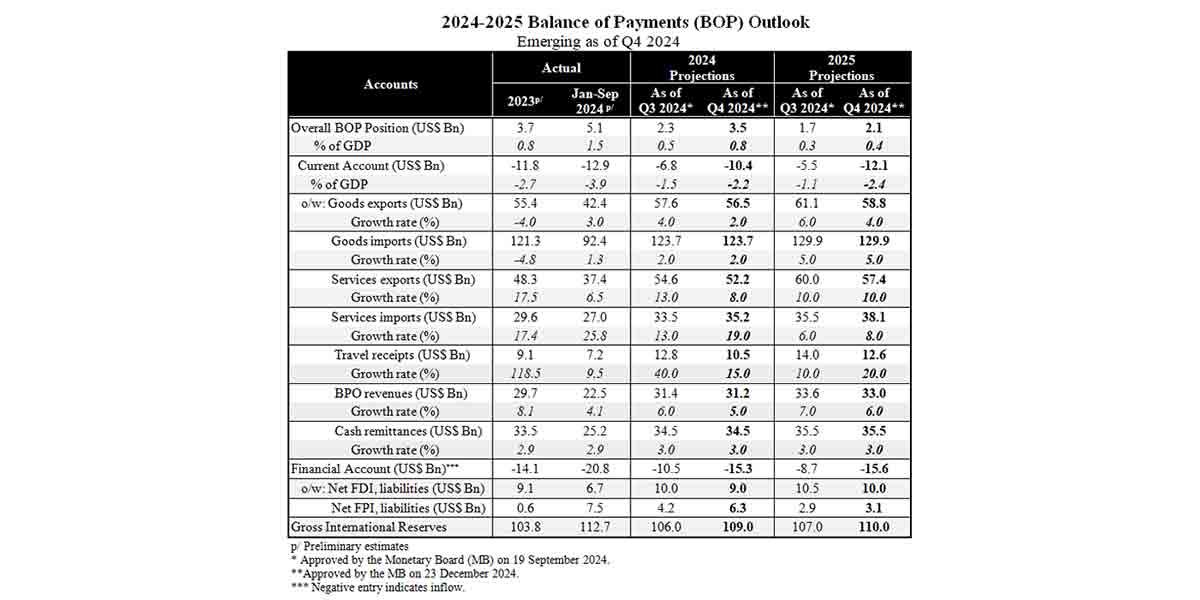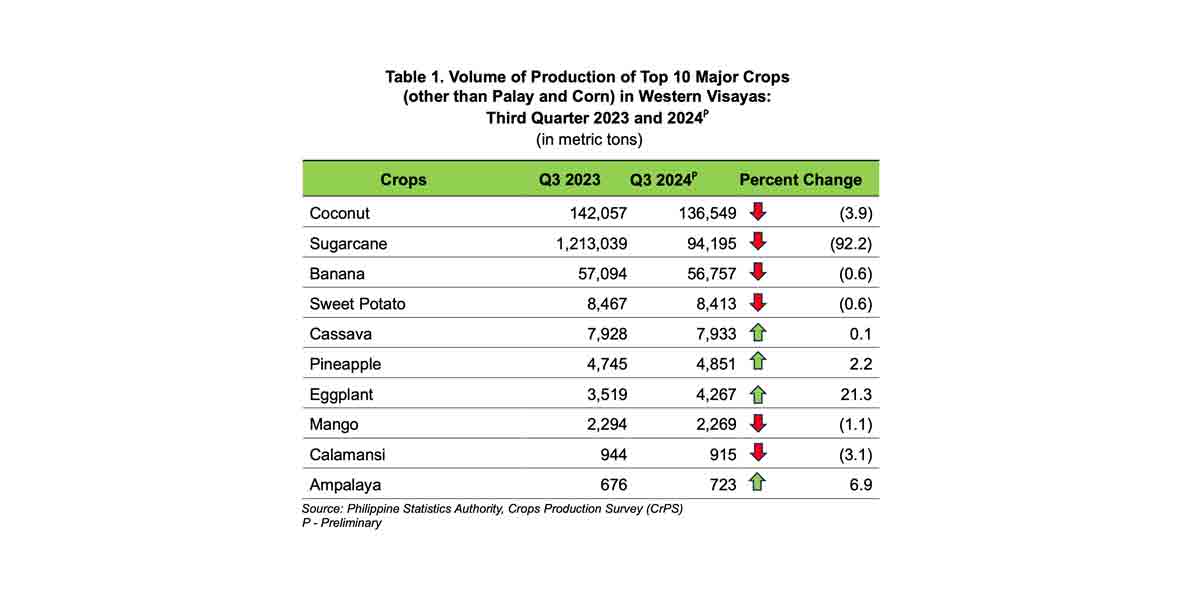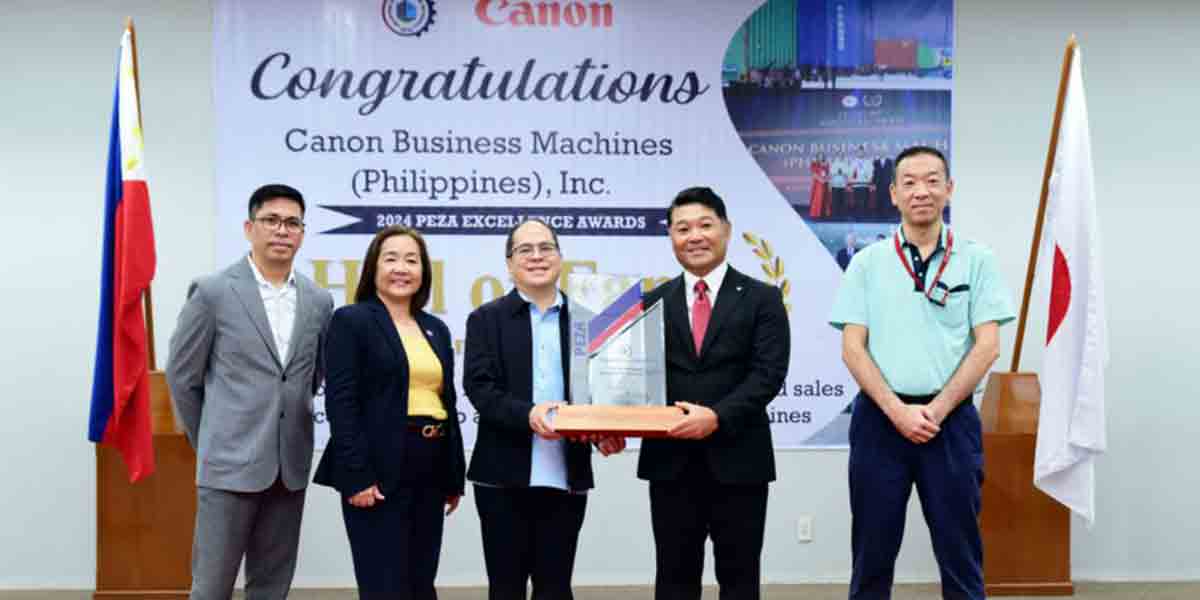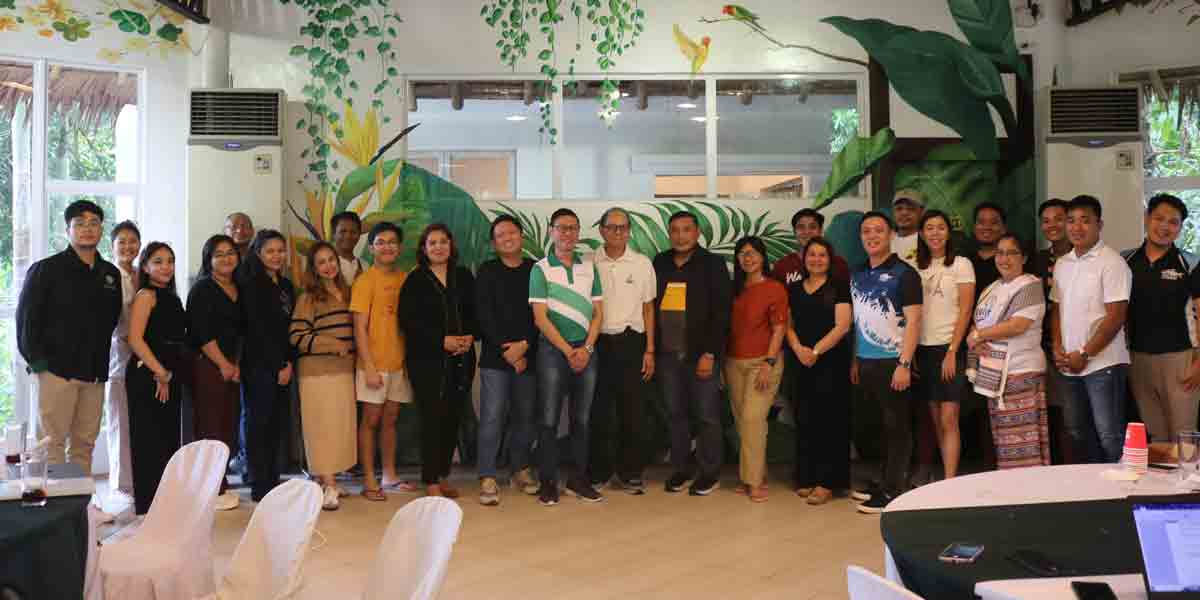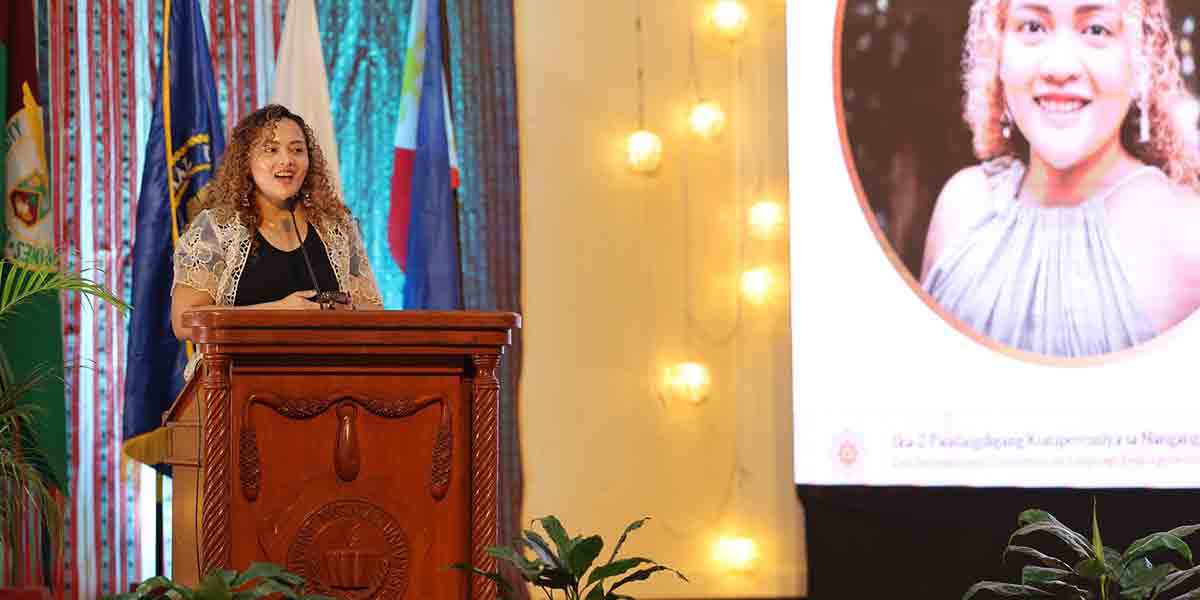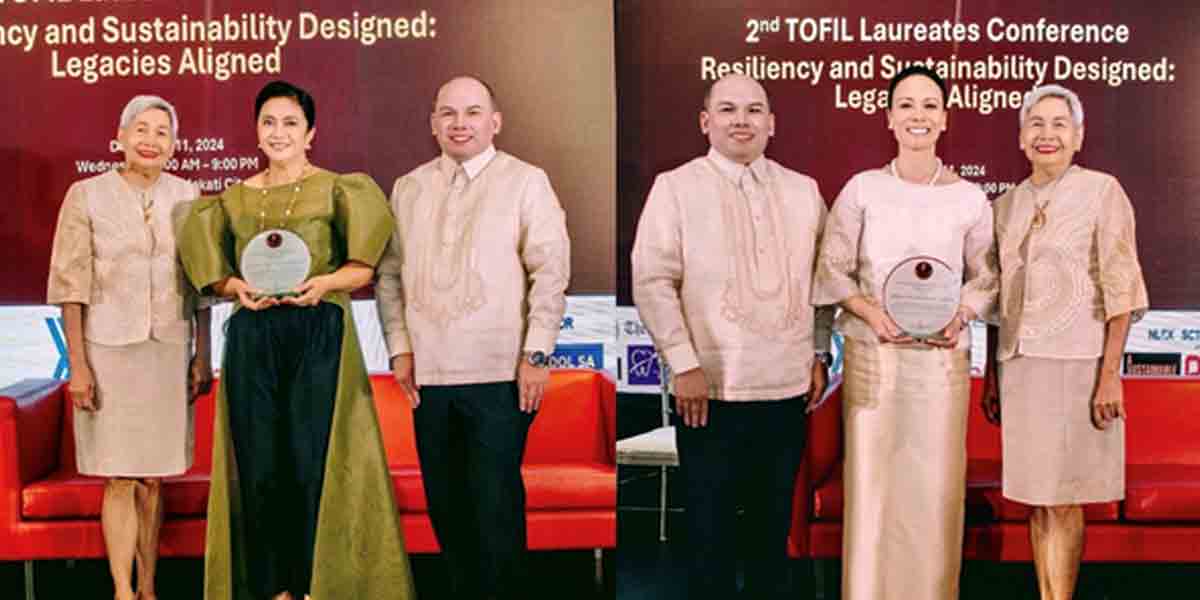
By Dolly Yasa
BACOLOD City – The Ombudsman in a joint resolution cleared Bacolod City Mayor Evelio Leonardia and seven others of graft and administrative charges after it found no sufficient evidence to sustain a finding of probable cause for violating Section 3 (e) of Republic Act 3019 (Anti-Graft and Corrupt Practices Act), as amended.
A press statement from the Mayor’s Office said Tuesday that “neither did the Ombudsman find substantial evidence that respondents were guilty of the administrative charges of Conduct Prejudicial to the Best Interest of the Service and for Grave Misconduct.”
The joint resolution dismissing the cases were co-signed by officials of the Office of the Deputy Ombudsman for the Visayas, all of whom recommended for the dismissal of the cases.
These Ombudsman officials were Graft Investigation and Prosecution Officer II Carla Michelle Chaves-Gonzaga, who penned the Joint Resolution; Director Jane Aguilar of the Preliminary Investigation Administrative Adjudication and Prosecution Bureau-B; Assistant Ombudsman-Visayas Carla Juris Narvios-Tanco; and Deputy Ombudsman for the Visayas Paul Elmer Clemente.
“What a great blessing to receive at Christmas time!” Leonardia said after learning of the decision.
These cases docketed as OMB-V-C-17-0192 and OMB-V-A-17-0185 were filed by the Field Investigation Office of the Ombudsman-Visayas based on a 2009 complaint of Sarah Teresa Esguerra and Othello Ramos.
“This is another of the many political harassment cases that Sarah Esguerra and Othello Ramos had launched against us over the years. As well-known supporters of that former city mayor of Bacolod, we know what their motives were when they filed the complaint in 2009, before an election year,” Leonardia said.
The seven other respondents in the case were former City Accountant Eduardo Ravena; then Secretary to the Mayor-Designate Atty. Goldwyn Nifras; former Vice-Mayor Renecito Novero; former City Administrator Lorendo Dilag, former Vice-Mayor Jude Thaddeus Sayson, former OIC/Management Audit Services Office Ricardo Dahildahil; and former Secretary to the Mayor Rogelio Balo.
Complainants Esguerra and Ramos alleged that Leonardia, et al, violated the Government Procurement Law, way back in 2007, when they allowed periodic mostly small-value purchases then of various materials necessary for the continued day-to-day operations of the Bacolod City Government through reimbursement basis and not through the modes allowed under RA 9184 (Government Procurement Law).
The complainants’ primary evidence was a COA audit observation in 2007 calling the attention of the Bacolod LGU then that the procurements should have already been made under RA 9184 and its Implementing Rules and Regulations (IRR).
Esguerra and Ramos further alleged conspiracy among the respondents claiming that the latter connived with each other to defraud the government with these reimbursements for personal gain.
The combined defenses of the respondents sufficiently demolished the malicious allegations of Esguerra and Ramos.
Essentially, they argued that: (1) Reimbursements were a mode of procurement relied upon many years before by past administrations, and were not previously disallowed by the COA; (2) reimbursements are not illegal per se because, even with the advent of R.A. 9184, such were not totally outlawed in government operations or absolutely prohibited by any government regulation.
Respondents further manifested that in 2007, Bacolod, like other LGUs then, was still in the process of transitioning from the old to the new procurement methods. In fact, at that time, LGUs were still getting trained for it by the Government Procurement Policy Board (GPPB), which was also in the process of periodically adjusting and refining the IRR for R.A. 9184 to address certain needs in government procurements that it did not completely foresee when it drafted the earlier editions of said IRR.
The reimbursement transactions in question, covering mostly small-value procurements, are a case in point. In 2007, these were not yet covered by the IRR of R.A. 9184 then governing. Thus, respondents had to continue using the reimbursement system, as a stop-gap measure, until the rules on procurement finally provided in 2009 the guidelines for small-value procurements. This was 2 years after the reimbursements in question had already taken place.
Respondents further pointed out that sincere efforts were also taken to substantially reduce the number of reimbursement transactions after 2007, which explains why the Bacolod LGU was no longer issued notices of suspension or disallowance by the COA for such transactions.
Respondents also cited the fact that all the questioned reimbursements were for legitimate, necessary, regular and valid expenditures of the Bacolod LGU, and the reimbursements never injured any party, especially the Bacolod LGU, considering that price canvass was observed in all these reimbursements; thus, negating any charge of manifest partiality, evident bad faith or gross inexcusable negligence.
Also, aside from failing to prove their allegation of conspiracy, complainants also never established that the reimbursements were for bogus or “ghost” transactions without corresponding deliveries, or that the reimbursements were made against falsified documents.
For lack of sufficient evidence that would completely fulfill all the elements of the crime under Section 3 (e) of R.A. 3019, as amended, the Ombudsman dismissed both the criminal and administrative charges, citing further that while “check payments were made to different payees yet there is no indication that the goods procured were not delivered. Thus, evidence to the effect that undue injury was categorically caused to the government or that respondent/s or any party benefited from the lack of public bidding in the procurement of the subject goods is deficient.” (With a report from PIO)

